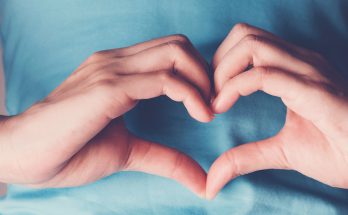If you are looking to shed a few extra pounds, you may want to keep an eye on the clock.
With the recent public interest in Intermittent Fasting and Timed Restricted Eating for weight loss, nutrition researchers are turning their attention to the effects of eating at different times of the day.
It was long thought that people who snacked at night were overeaters, taking in more calories overall than people who quit eating after supper, but that’s not the whole picture. People who stop eating earlier in the day lose more weight than late eaters, even when consuming the same number of calories.
Numerous studies comparing weight loss in groups of people eating the exact same meals, with no difference in physical activity, have demonstrated that the group eating earlier in the day lost more weight than the group eating the same food in the evening.
Breakfast Really Is the Most Important Meal of the Day
Breakfast may indeed be the most important meal of the day, at least in terms of weight control.
The time of day you eat affects how calories are used or stored. Calories consumed in the morning are used to build up energy stores in the muscles, so the body burns more fat for energy early in the day. Food eaten late in the day is used immediately for energy, reducing the amount of fat burned. Furthermore, dietary-induced thermogenesis studies show the body burns significantly more energy digesting foods in the morning than in the afternoon or evening.
Circadian rhythm is the body’s internal clock and it may surprise you to know it affects a large array of behaviors including eating, fasting, sleeping, and waking, and internal processes such as body temperature, hormone production, digestion, immune activity, and even gene expression.
We are naturally programmed to fast through the night. You can sleep peacefully for eight or nine hours without waking up hungry but try going all day without eating– you’ll be starving by noon. That’s because your circadian rhythm for hunger is lowest around 8:00 a.m. and peaks around 8:00 p.m. This explains why you don’t wake up starving in the morning.
The key to the weight loss game is good clock management. Work with your circadian rhythm by consuming the majority of your calories early in the day. Satisfy your hunger before it peaks in the evening, and fast throughout the night. The benefits of early eating, and therefore a longer nighttime fast, go beyond weight control. People who eat earlier tend to have more stable blood sugar levels, lower blood pressure, less gastrointestinal issues, less inflammation, better sleep patterns and even a lower risk of breast cancer.



